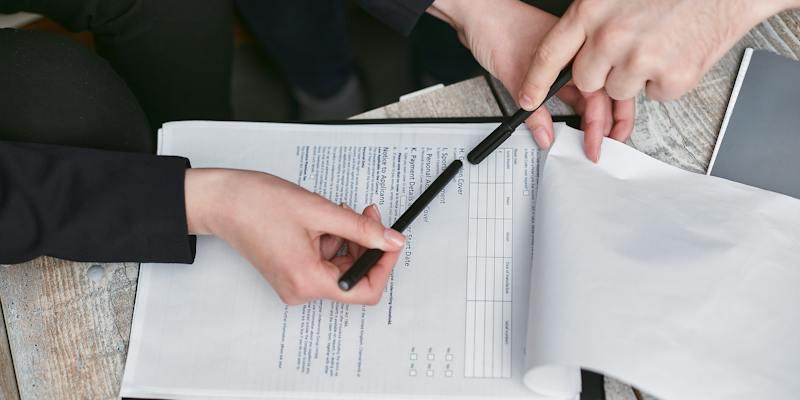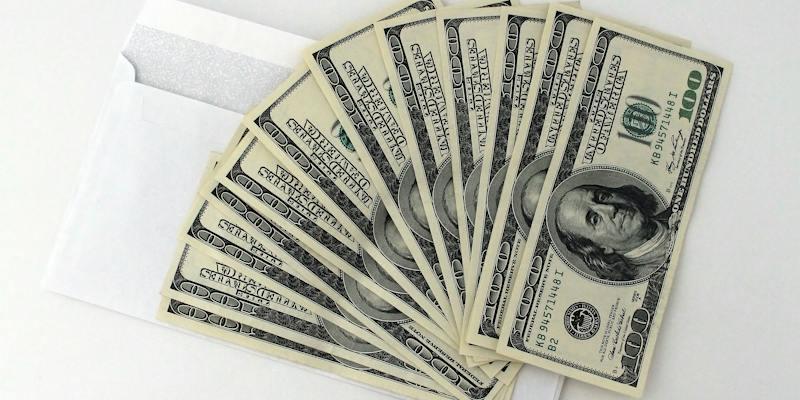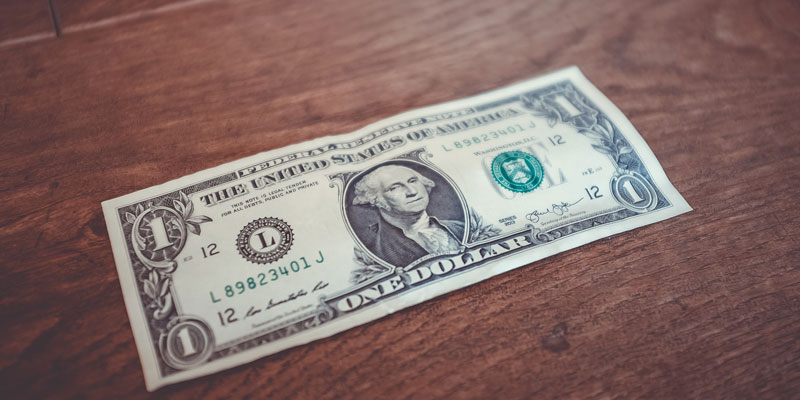What is SBA 7(a) Loan: Definition, Criteria, Guidelines, and More
Jan 31, 2024 By Triston Martin
Standard 7(a) loans, Express loans, and CAPLines are the most preferred SBA loan programs. Standard 7(a) loans also take five to ten business days to apply and allow small businesses to borrow up to $5 million. The amount, terms, and rate of each loan initiative can change. It takes 10 to 25 years for loan paybacks, depending on the nature and purpose of the borrowed capital. When approved, cash can be utilized in many ways. Therefore, 7(a) loans are the most popular and versatile SBA loans. The guarantee percentage of 7(a) loans offered by SBA 7a loan lenders may be as high as ninety percent. In case of a defaulting 7 (a) borrower, the SBA will reimburse the lender for a guaranteed amount.
Businesses can turn to a lending institution that SBA approves and wait for approval from the same body while using 7(a) funding. The process of getting SBA approval may last five or ten days in the case of a particular program. The facilitator’s bank or Credit Union underwrites and closes upon loan approval. Most loans of less than $25,000 do not require collateral, but this depends on the type. Lenders might select their demand for collateral by loans in the range of $25,000 to $35,000. A borrower must pledge personal property when their corporate assets don’t suffice for an SBA loan above $350 00.
SBA 7(a) Loan Terms
Real estate loans are capped at 25 years, and equipment, working capital, and inventory loans are limited to 10 years. A CAPLine of credit for which a builder may qualify is five years, the maximum being 10. These institutions decide who is eligible, but the SBA stipulates maximum loan periods.
SBA 7(a) Loan Rates
The prime rate plus an SBA-controlled spread determines SBA 7a loan terms. The SBA 7a loan rates vary according to the kind of loan, amount necessary, and duration.
Costs of SBA 7(a) loans
The SBA determines the price of an SBA loan for lenders. Therefore, some of those charges may go to the financial institutions. However, the Small Business Administration caps lenders’ interest rate at 3% for loans below $30,00. The amount of your late charge should not be more than 5% of the total debt.
Requirements for SBA 7(a) Loans
A 7(a) loan is required by many SBA regulations to be met by businesses. The applicant’s business should be small under SBA size standards and operate for profit in the United States or one of its territories. To be eligible, company owners are also need to:
- The possibility to invest a reasonable portion of cash into the company
- Before applying for an SBA loan, it is advisable to explore alternative sources of financing, like personal assets.
- Explain, then, your reason for obtaining the loan money.
- Plan how to spend the money wisely.
- Maintain all debts to the United States government current.
- In addition to the fundamental norms, debtors must satisfy every lender’s requirements, for example, minimum credit score and firm tenure.
SBA 7(a) Loan Application Process

SBA 7(a) loan applications generally include these steps:
1. Find an SBA-approved Lender
Authorized SBA 7a loan lenders underwrite 7(a) loans and get partial SBA backing up to a set percentage. Verify that your chosen bank is approved before applying for a 7(a) loan. Another option is the SBA Lender Match. Explain your need for money and get a lender match in two days.
2. Gather Documents and Apply
The SBA and lenders approve small business loans based on borrowers' ability to repay without default. Applicants must produce several financial and commercial documents to verify their stability and trustworthiness. The following papers may be required:
- SBA Form 1919 Borrower Information
- SBA Form 912 Statement of Personal History
- SBA Form 413 Personal Financial Statement
- Three years' worth of individual and company tax returns
- Detailed financial records, including P&Ls for the preceding three fiscal years
- Financial statements include projections, containing a revenue and expense forecast for one year
- The last twelve months' worth of loan applications
- Original or certified copies of any leases, certificates, or other legal documents about the firm
- A business plan that includes the company's background and an outline of the owners' experiences
3. Rely on Loan Determination
Different types of 7(a) loans have different processing timelines for SBA approval. Types of 7(a) loans: standard, small, and capital appreciation parity. For instance, the standard turnaround time for SBA lines of credit is five to ten days. Express loans usually take 36 hours, and Export Express loans 24 hours. If you don't need an SBA review and are working with an SBA Preferred Lender, approval might be faster.
4. Finalize and Get Your Money
It usually takes 60 to 90 days from applying for a 7(a) loan to closing with the Small Business Administration. Additional permission criteria or collateral proof may be requested after your loan approval. You can end up paying for services like environmental investigations, collateral assessments, or anything else that comes up unexpectedly.
Closing costs include any applicable guaranty fees, which may be anywhere from 2% to 3.5% of the loan amount (though this might vary depending on the loan type). There is a ceiling on lender servicing costs, and they are only applicable when unusual service is necessary; moreover, they are subject to SBA approval. Loan types and SBA 7a loan lenders have different funding periods.
SBA 7(a) Loans vs. Other Options

These loans are reasonable for corporate finance. Examine these other possibilities if you don't qualify for the loan or it doesn't give enough finance.
SBA Microloans
Starting a small company may be easier with a microloan from an approved nonprofit lender (up to $50,000) than an SBA 7(a) loan. Approval doesn't usually need a strong credit score or firm tenure.
CDC/504 Loans
SBA CDC/504 loans are $5 million, 10- to 20-year. Applications are accepted from companies with net incomes and values under $5 million and $15 million, respectively. They enable large purchases like commercial real estate and equipment.

Aug 30, 2022 Triston Martin

Feb 03, 2024 Triston Martin

Feb 20, 2024 Susan Kelly

Apr 05, 2023 Triston Martin

Feb 07, 2024 Susan Kelly

Jan 24, 2024 Susan Kelly